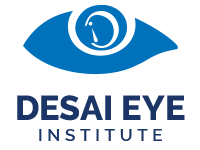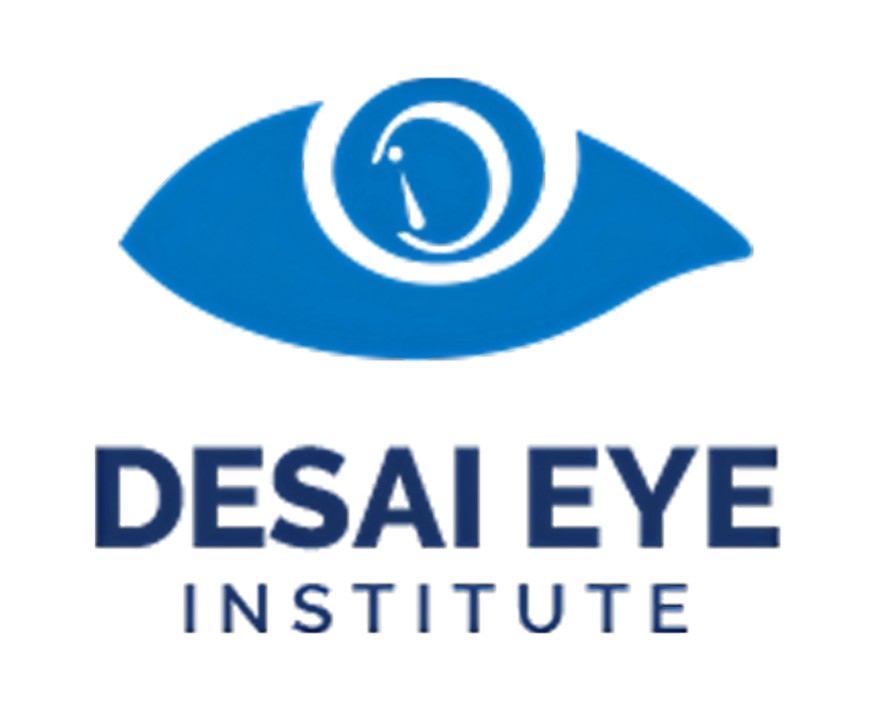The retina is a crucial part of the eye, responsible for converting light into neural signals that are sent to the brain for interpretation. Any issue affecting the retina can lead to serious vision problems. Early detection and timely treatment are essential for managing retinal disorders and preserving vision. Here is an overview of the types of retinal issues, their symptoms, and the latest treatment options available.
Types of Retinal Issues
1. Age-Related Macular Degeneration (AMD)
- AMD is a leading cause of vision loss in people over 50. It affects the macula, the central part of the retina responsible for sharp, detailed vision. There are two types:
- Dry AMD: The more common form, characterized by gradual thinning of the macula.
- Wet AMD: Involves abnormal blood vessel growth under the retina, leading to fluid leakage and rapid vision loss.
2. Diabetic Retinopathy
Diabetic retinopathy occurs in people with diabetes due to prolonged high blood sugar levels that damage the blood vessels in the retina. This condition progresses through stages, from mild non-proliferative retinopathy to more severe proliferative retinopathy, which can cause bleeding and retinal detachment.
3. Retinal Detachment
Retinal detachment is a medical emergency where the retina separates from the underlying tissue. This condition can lead to permanent vision loss if not treated promptly. Common causes include trauma, aging, or conditions like diabetic retinopathy or AMD.
4. Retinal Vein Occlusion
Occlusion This occurs when a vein in the retina becomes blocked, causing blood and fluid to leak into the retina. The blockage can lead to vision impairment or even permanent blindness if not treated.
5. Retinitis Pigmentosa
This genetic condition causes the progressive degeneration of the retina’s photoreceptor cells, leading to night blindness and eventual peripheral vision loss. It often starts in childhood and worsens over time.
Symptoms of Retinal Issues
The symptoms of retinal problems vary depending on the condition, but some common signs include:
- Sudden or gradual vision loss, especially in one eye
- Blurred or distorted vision
- Seeing floaters (small specks or strings in the field of vision)
- Flashes of light or light sensitivity
- Dark or empty areas in the field of vision
Treatment Options for Retinal Disorders
Treatment options for retinal issues depend on the type and severity of the condition:
Anti-VEGF Injections: Used primarily for wet AMD and diabetic retinopathy, these injections help reduce abnormal blood vessel growth and fluid leakage, preventing further vision damage.
Laser Therapy: Laser treatments can help seal leaking blood vessels in diabetic retinopathy or treat retinal tears in cases of detachment.
Surgery: For retinal detachment, vitrectomy or scleral buckle surgery may be required to reattach the retina. In cases of advanced AMD or retinitis pigmentosa, surgery may help improve quality of life or manage complications.
Steroid Injections or Implants: These can be used to treat inflammation or swelling in the retina, especially in conditions like retinal vein occlusion.
Stem Cell Therapy: While still in research stages, stem cell therapy holds promise for conditions like retinitis pigmentosa and macular degeneration.
When to Seek Help
If you experience sudden changes in vision, such as seeing flashes of light, a sudden increase in floaters, or a dark curtain across your vision, it’s crucial to seek medical help immediately. Early intervention is key to managing retinal diseases and preventing irreversible vision loss.
Desai Eye Institute and Research Centre offers comprehensive care for retinal conditions, using advanced diagnostic tools and cutting-edge treatments to ensure the best possible outcomes. If you have concerns about your eye health or notice any symptoms of retinal problems, don’t hesitate to contact us for a consultation. Your vision matters, and we are here to help protect it.


